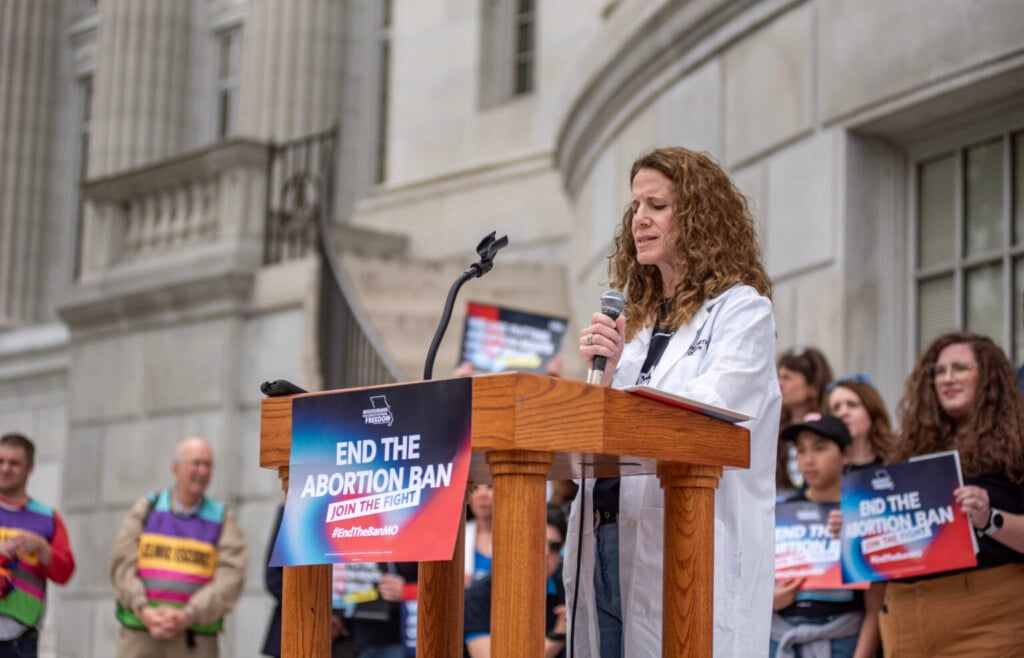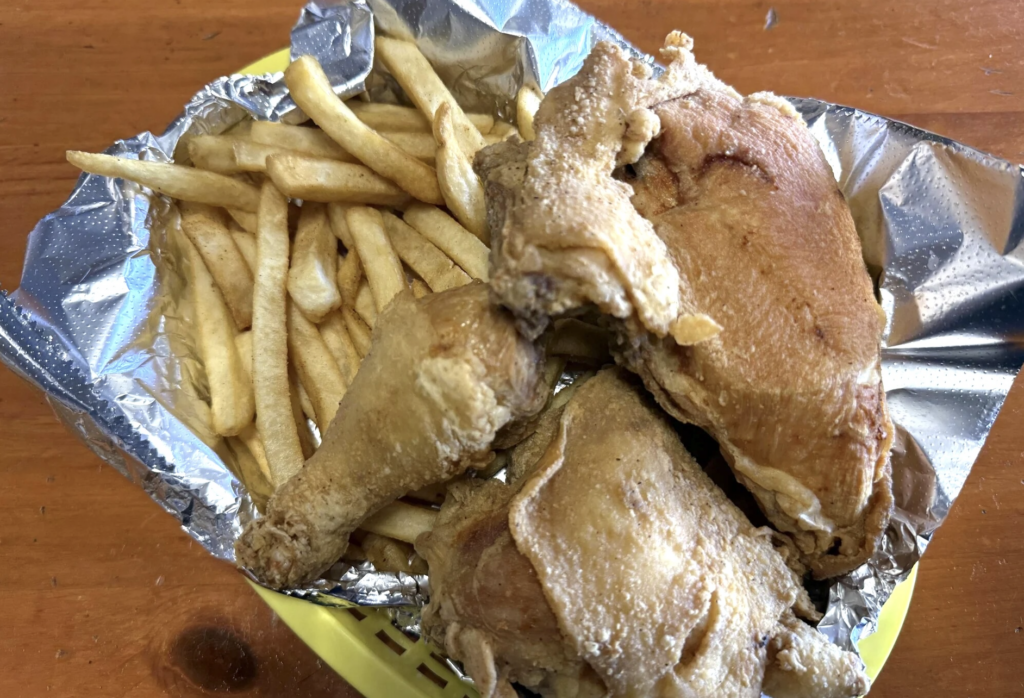Youth Gone Mild

Good Charlotte is the punk band named after a children’s book. Its young fans know Black Flag only as something that kills roaches. So it’s no wonder critics dismiss Good Charlotte’s anthemic pop as child’s play. In a number of ways, it is.
This song is dedicated to every kid who got picked last in gym class/To every kid who never had a date to no school dance/To everyone who’s ever been called a freak/This is for you, goes the beginning to Good Charlotte’s first hit, “Little Things,” off the band’s gold-selling, self-titled 2000 debut. Fronted by boy-band-cute identical-twin brothers who pen tales of teen angst that read like Judy Blume novels, Good Charlotte doesn’t exactly fit the punk prototype. Which is kind of the point.
“I used to go to punk shows and not feel like I was punk enough to be there,” explains singer Joel Madden, one of the brothers. “We don’t want kids to come to our shows and feel like that — like they have to be dressed a certain way, act a certain way or even know all the words. We just want them to come and have a good time.”
Cultivating this attitude of inclusiveness has paid dividends. Good Charlotte’s second album, The Young and the Hopeless, has sold close to a million-and-a-half copies since its release last September. The band made the cover of Rolling Stone, and it’s already sold out many of the dates on its first tour headlining arenas and amphitheaters. It topped TRL with its videos for “The Anthem” and “Lifestyles of the Rich and Famous,” and it played on Saturday Night Live two weeks ago. (“Saying goodbye with the credits — that was amazing,” Joel recalls with a sigh.)
Years before the boys rubbed elbows with Jimmy Fallon, Good Charlotte’s members spent most of their time at St. Charles Town Center Mall in Waldorf, Maryland, the “middle-of-nowhere suburb” the band calls home. Joel and Benji started Good Charlotte at age sixteen, inspired by groups such as Green Day and Goldfinger. Its first break came in 1999, when the unsigned band landed a series of dates opening for Lit. The twins had to borrow their mom’s minivan for the tour.
After a New York City gig, Good Charlotte landed a deal with Epic, and since late 2000, it has been on the road virtually nonstop, building up a fanbase of screaming teen girls — the same ones who were crushing on ‘N Sync at this time last year. The girls plaster Web site after Web site with tributes to their idols, obsessing over the most minute details of their lives: They know that Benji is five minutes older than Joel (both are 24), that guitarist Billy Martin drives like a grandma, and that when Benji and Joel shaved off Billy’s old dreads, they found a Dorito in them.
But along with the love of teen girls comes the ire of punk die-hards, who take umbrage at the band’s commercial sound and teenybopper audience. Last year, Bad Religion guitarist Brian Baker singled out Good Charlotte as one of the worst bands on the 2002 Warped Tour, and you’d be hard-pressed to find favorable reviews of The Young and the Hopeless in the mainstream press. Indeed, Good Charlotte’s adrenalized charge is hardly groundbreaking. “Lifestyles of the Rich and Famous” borrows the booming drums of Iggy Pop’s “Lust for Life,” “Hold On” is a gushing punk power ballad that sounds like Steve Perry fronting MXPX, and the band’s contagious sing-alongs borrow heavily from such forebears as Blink-182 and Green Day.
“It’s tough, when you have young fans, for people who are older to take you seriously,” Joel says. “But at some point, you can’t care about that. You have to play music because you love music, not because you want critics to like your band. We don’t pay attention to that stuff. We just play music that we love, for people who also love it. Anyone is invited into that, and anyone who doesn’t like it and doesn’t want to be involved — we’re not offended.”
Talk like that has helped Good Charlotte earn a reputation as one of punk’s most polite acts. Its music is bereft of swearwords and heavy on defeat-the-odds pep talks mined from the players’ own personal tragedies. (Benji and Joel’s father left when they were sixteen; the family was homeless for a while afterward.)
“We feel really responsible for our fans,” Joel explains. “It’s not a burden, but it’s a big weight on our shoulders because we feel like these kids are listening to all the words we’re saying — they want to meet us, they want to see what we’re like — and we have to show them that we’re not like all those other rock stars. There’s a lot of kids out there who go through a lot of hard times, and we want them to feel like they can listen to our CD and depend on us when they’re feeling bad.
“We’re just honest, and we sing about things we can relate to,” he says. “Kids see that; they see that we’re real. We’re kids, just like them.”




